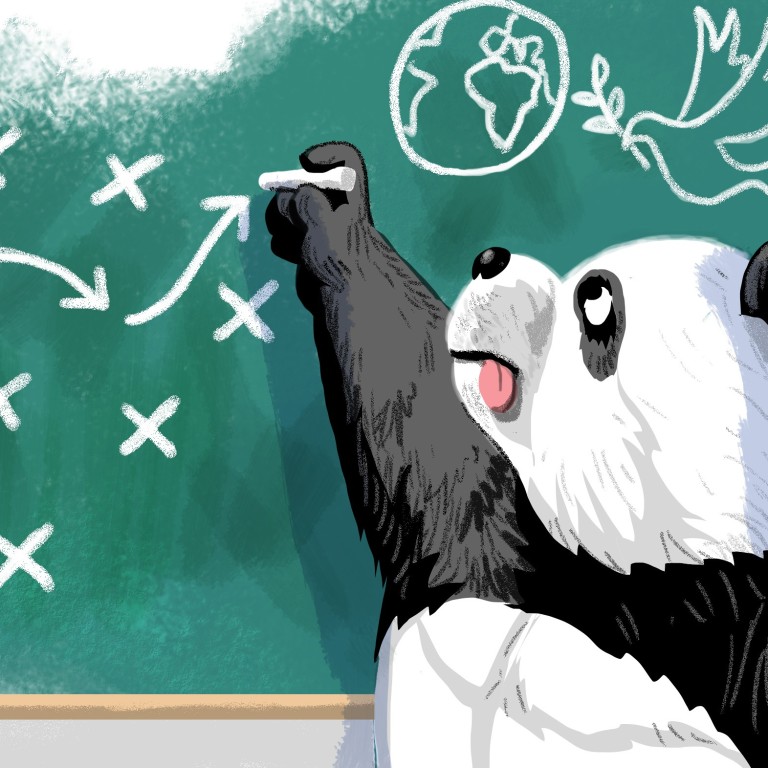
China’s strategic opportunities are Beijing’s to lose
- Zhou Bo says worries over the slowing Chinese economy and China’s current uneasy rivalry with the US have cast a shadow over the country’s future. But the doomsayers need not worry, as China’s success has always been in its own hands
A full-blown war between the two nuclear powers is next to impossible. And the closing gap between the two militaries will further reduce the likelihood of conflict. Although there are times of dangerous close encounters by naval ships in the South China Sea, by and large, both sides have been careful in keeping their distance, in line with rules that both have agreed.
John Ross, a director of London’s economic and business policy under former London mayor Ken Livingstone, said that China cannot be murdered; therefore it must be persuaded to commit suicide. If so, what grave mistakes would be suicidal for Beijing? Beijing does not need to look far to draw inspiration about what not to do. Three lessons crucial to its success in the past are still relevant for the future.
The second lesson is to exercise caution in the use of force. One of the greatest achievements of China’s rise is that it has been peaceful. China was involved in a few wars after the founding of the People’s Republic in 1949, but none since 1980. Comparatively, the US is now entangled in more simultaneous small wars than at any point in its history. These protracted wars have significantly reduced America’s national strength. As long as China continues to build up its military strength but exercises restraint in the use of force, it might create a miracle in human history – that is, a rising power finally catches up with an existing power without firing a shot.
The third lesson is not to see the US as an enemy even if China itself is treated as a competitor. This is not “love thy enemy”. A less confident US is now paranoid that China wants to drive it out of the Indo-Pacific, but as long as China continues to rise peacefully and live in amity with its neighbours, the US can hardly turn such an arch-rival into a bitter enemy, and the international community would not have to take sides.
Looking around the world, Western liberal democracies are in glaring disorder, ranging from Brexit and France’s “yellow vest” protests to Donald Trump’s protectionist “America first” policy, to the extent that Google has developed the “Tell Me Something Good” feature for its voice assistant.
If disorder reflects a loss of direction, then one of China’s greatest strengths is its sense of direction, that is, clearly mapped plans for the short, medium and long term, coupled with the concerted efforts of the entire Chinese population working in the same direction. So far, none of the plans have gone unfulfilled, with quite a few realised well in advance.
This gives Chinese people confidence for the future: to eliminate poverty and turn the country into a well-off society by 2020; become modernised by 2035 and realise the “great rejuvenation of the Chinese nation” by 2049 when the People’s Republic celebrates its centenary. As long as China does not make a strategic mistake, no external force can reverse its course. China’s strategic opportunities, now as in the past, are in its own hands.
Zhou Bo is an honorary fellow with the PLA Academy of Military Science in China

